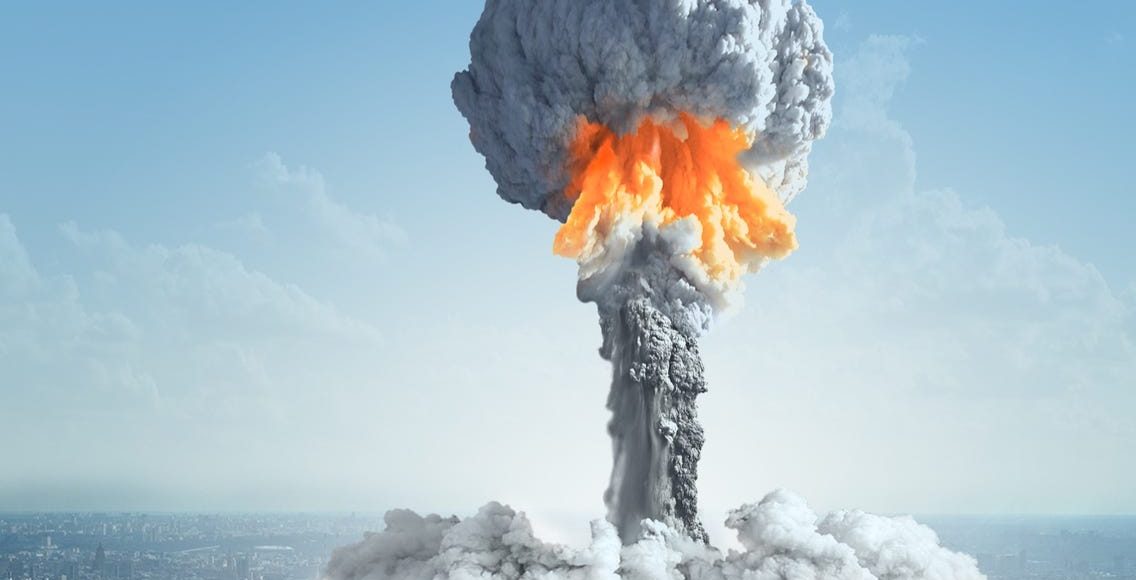


As the United States government prepares to host Chinese President Xi Jinping this week, oft-suggested topics for their summit agenda include China’s cyber theft of sensitive U.S. data and the devaluation of the yuan. One critical candidate is consistently overlooked: strategic nuclear weapons policy.
This is not surprising. Given the obviously pressing and ever-present nature of matters like cyber security and the global economy, why would Presidents Barack Obama and Xi concern themselves with nuclear weapons? With the many beneficial dimensions of the U.S.-Chinese relationship, it may seem difficult or even puzzling to envision a crisis or conflict in which either country would contemplate the use of nuclear weapons against the other.
Indeed, in the U.S 2010 Nuclear posture review, a strategically stable relationship with China is highlighted as an important goal for U.S. policy. Yet the pattern of U.S.-Chinese interactions over issues of regional security is becoming more complex.
Consternation over China’S Island buiding in the South China Sea and its attempts to challenge Japan over the disputed Senkaku/ Diayou Islands in the East China Sea has caused an uptick in military tensions with China’s neighbors, several of whom are allies or partners of the United States and thus may appeal to U.S. protection or intervention.
With the possibility of a pro-independence political party winning Taiwan’s presidential election next year, the Taiwan Strait could also re-emerge as a major point of friction between the United States and China.
Leave a Comment